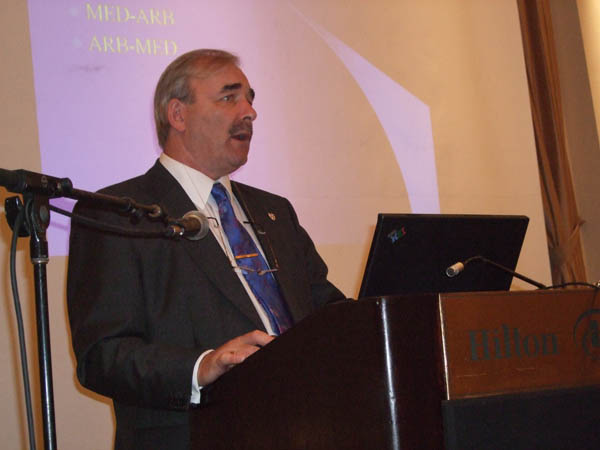Conflict is a part of our personal and business lives with which we are all very familiar. It can be positive and negative. Managed, it can be a motivator and used to build relationships.
Conflict in the boardroom is a mirror of conflicts we experience in all other areas of our lives with very much the same dynamics present. However, when conflicts are unresolved they turn into disputes, which can be resolved directly between parties through discussion and negotiation or indirectly by the decisions of third parties in the courts following litigation.
In all boardroom tussles, fiduciary duties can become lost on the battlefield of righteousness. But what happens to the interests of shareholders and employees in these situations, when the energies of those involved in these battles are expended solely against fellow directors? What cost to the bottom line of these battles and what losses are sustained to share value?
Litigation is a very expensive process. The costs can be reduced by using resolution methods such as mediation, conciliation or arbitration, a private decision-making process, to resolve disputes.
However, perhaps it is time we gave some thought to actually preventing them happening in the first place. The old adage `prevention is better than cure' holds true for disputes.
The primary means of prevention is through using conflict-management systems. There are five basic methods of managing conflict - avoidance, accommodation, compromise, collaboration and competition - eachof these has its pluses and minuses.
Implementing these systems can produce significant cost and time savings, and facilitate positive change at all levels within organisations.
Perhaps it is time to switch off the testosterone flow and use our brains instead to remove the caustic and costly effects of unmanaged conflict. Doing so can have a dramatic effect on the bottom line and give shareholders something to be happy about in these difficult times.
What we need to do is build conflict management systems around the use of proper communications that involve engaging rather than disengaging. As George Bernard Shaw said: "The single biggest problem in communication is the illusion that it has taken place."
`The old adage "prevention is better than cure" holds time for disputes'





